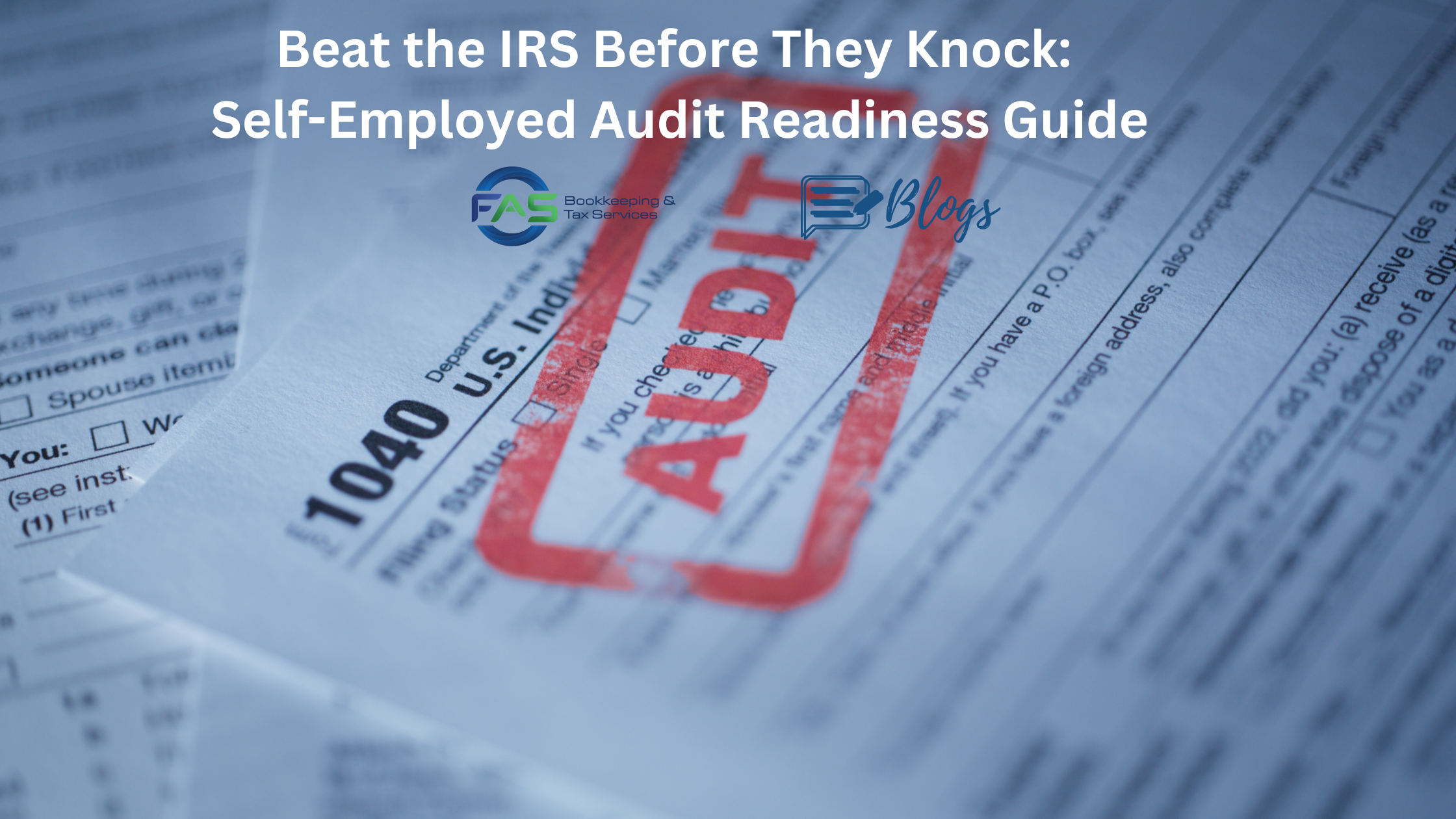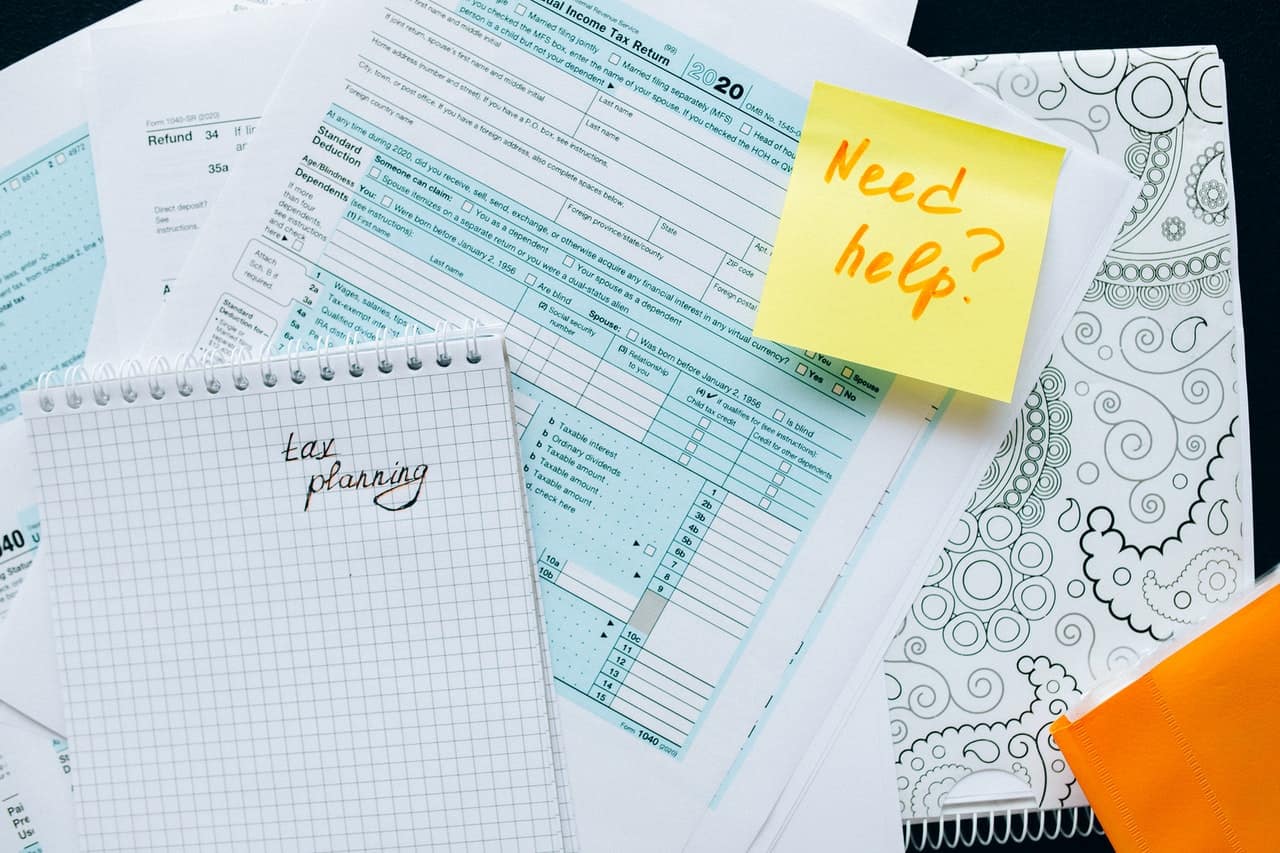Are you wondering if there’s a hard and fast rule about what income is taxable and what income is not taxable? The quick answer is that all income is taxable unless the law specifically excludes it. But as you might have guessed, there’s more to it than that.
Taxable income includes any money you receive, such as wages, tips, and unemployment compensation. It can also include noncash income from property or services. For example, both parties in a barter exchange must include the fair market value of goods or services received as income on their tax return.
Nontaxable Income
Here are some types of income that are usually not taxable:
- Gifts and inheritances
- Child support payments
- Welfare benefits
- Damage awards for physical injury or sickness
- Cash rebates from a dealer or manufacturer for an item you buy
- Reimbursements for qualified adoption expenses
In addition, some types of income are not taxable except under certain conditions, including:
- Life insurance proceeds paid to you are usually not taxable. But if you redeem a life insurance policy for cash, any amount that is more than the cost of the policy is taxable.
- Income from a qualified scholarship is normally not taxable; that is, amounts you use for certain costs, such as tuition and required books, are not taxable. However, amounts used for room and board are taxable.
- If you received a state or local income tax refund, the amount might be taxable. You should have received a 2020 Form 1099-G from the agency that made the payment to you. If you didn’t get it by mail, the agency might have provided the form electronically. Contact them to find out how to get the form. Be sure to report any taxable refund you received even if you did not receive Form 1099-G.
Important Reminders about Tip Income
If you get tips from customers, that income is subject to taxes. Here’s what you should keep in mind:
1. Tips are taxable. You must pay federal income tax on any tips you receive. The value of noncash tips, such as tickets, passes or other items of value are also subject to income tax.
2. Include all tips on your income tax return. You must include the total of all tips you received during the year on your income tax return, such as tips received directly from customers, tips added to credit cards, and your share of tips received under a tip-splitting agreement with other employees.
3. Report tips to your employer. If you receive $20 or more in tips in any one month from any one job, you must report your tips for that month to your employer. The report should only include cash, check, debit, and credit card tips you receive. Your employer is required to withhold federal income, Social Security, and Medicare taxes on the reported tips. Do not report the value of any noncash tips to your employer.
4. Keep a daily log of tips. Use the Employee’s Daily Record of Tips and Report to Employer (IRS Publication 1244) to record your tips.
Bartering Income is Taxable
Bartering is the trading of one product or service for another. Small businesses sometimes barter to get products or services they need. For example, a plumber might trade plumbing work with a dentist for dental services. Typically, there is no exchange of cash.
If you barter, the value of products or services from bartering is taxable income. Here are four facts about bartering that you should be aware of:
1. Barter exchanges. A barter exchange is an organized marketplace where members barter products or services. Some exchanges operate out of an office and others over the Internet. All barter exchanges are required to issue Form 1099-B, Proceeds from Broker and Barter Exchange Transactions. The exchange must give a copy of the form to members who barter and file a copy with the IRS.
2. Bartering income. Barter and trade dollars are the same as real dollars for tax purposes and must be reported on a tax return. Both parties must report as income the fair market value of the product or service they get.
3. Tax implications. Bartering is taxable in the year it occurs. The tax rules may vary based on the type of bartering that takes place. Barterers may owe income taxes, self-employment taxes, employment taxes, or excise taxes on their bartering income.
4. Reporting rules. How you report bartering on a tax return varies. If you are in a trade or business, you normally report it on Form 1040, Schedule C, Profit or Loss from Business.
If you have any questions about taxable and nontaxable income, don’t hesitate to contact the office today.
If you need help with your taxable and nontaxable income, don’t hesitate to contact us!





